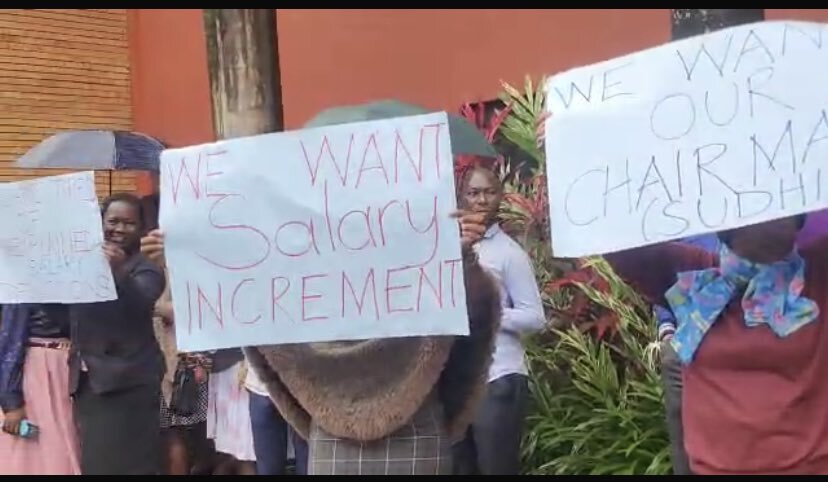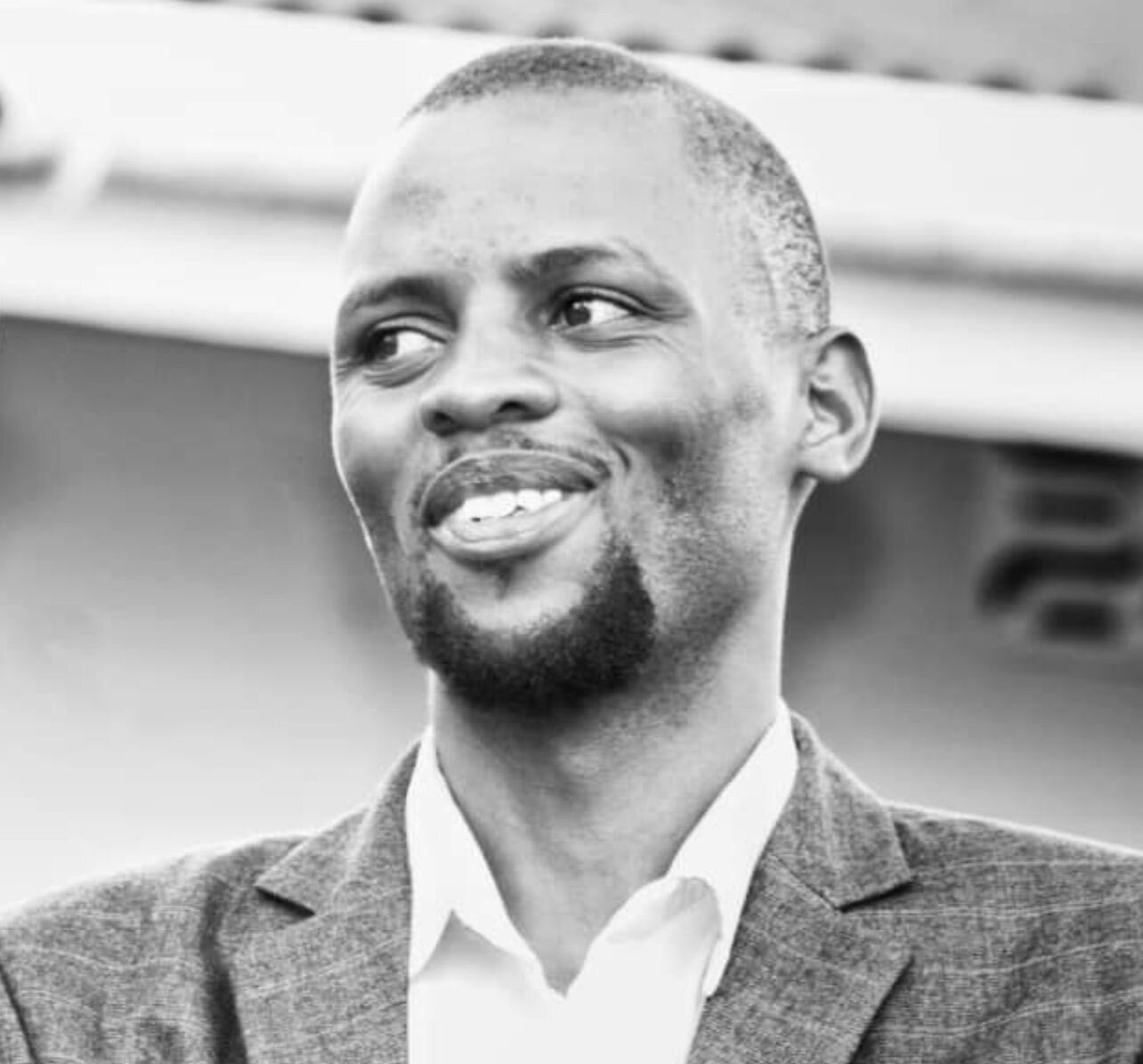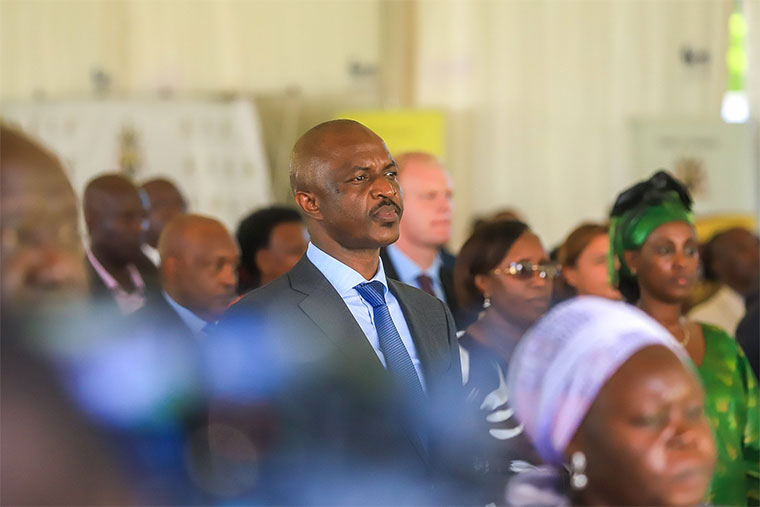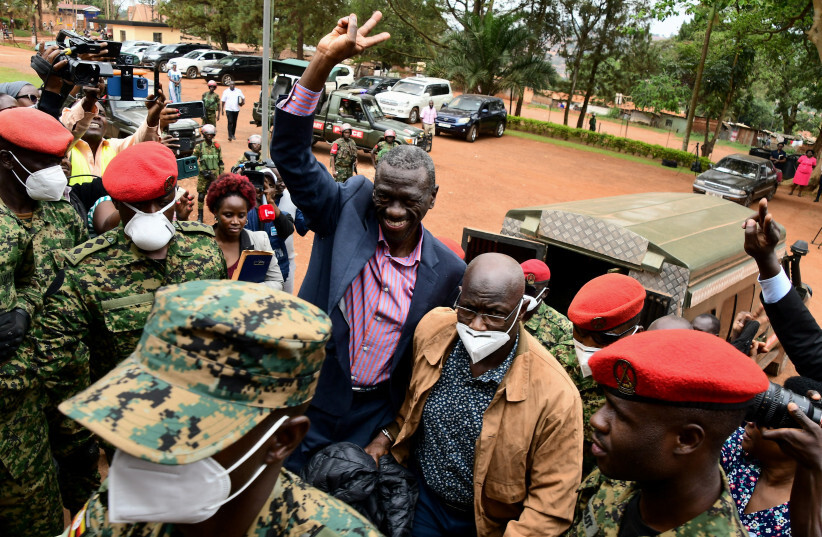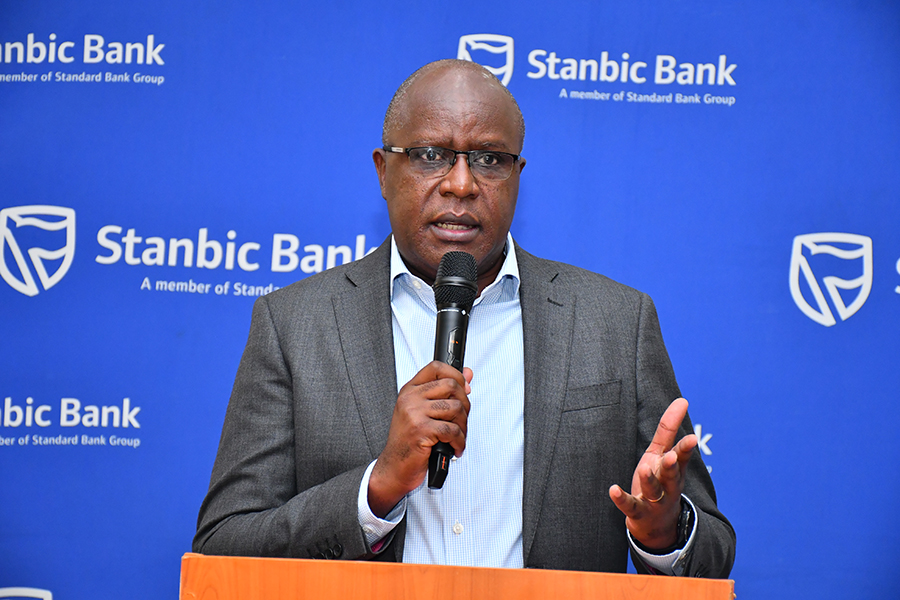Opposition leader Bassirou Diomaye Faye has emerged as favourite to win Senegal’s presidential election, after several rivals conceded.
Millions took part in a peaceful vote on Sunday, following three years of turbulence and opposition protests against the incumbent, Macky Sall.
Voters had a choice of 19 candidates.
However, the ruling coalition’s choice, Amadou Ba, rejected reports of defeat and said he expected to contest a run-off vote to decide a winner.
Mr Faye, 44, a member of the Pastef party led by Ousmane Sonko, had been in jail only days before the vote. Mr Sonko was disqualified from the race because of a defamation conviction.
The first set of tallies announced on television showed Mr Faye had won the majority of votes, triggering widespread street celebrations in the capital Dakar.
The results also led to five opposition candidates declaring Mr Faye the winner. Anta Babacar Ngom, one of the front-runners, wished Mr Faye success in a statement.
Mr Sonko backed Mr Faye, the co-creator of his now dissolved Pastef party, who was also detained almost a year ago on charges including defamation and contempt of court.
An amnesty law passed this month allowed their release days before the vote.
They have campaigned together under the banner “Diomaye is Sonko”. Some high-profile politicians and opposition candidates have backed Mr Faye’s candidacy.
“The population is choosing between continuation and rupture,” Mr Faye said after casting his vote, urging contenders to accept the winner.
Mr Sall, the incumbent, was not on the ballot for the first time in Senegal’s history. His ruling coalition picked Mr Ba, 62, a former prime minister.
Mr Ba’s campaign said that “considering the feedback of the results from our team of experts, we are certain that, in the worst case scenario, we will go to a run-off”.
About 7.3 million people were registered to vote in the country of around 18 million.
It is not clear how many of the 15,633 polling stations have been counted so far. Final provisional results are expected by Tuesday.
The election had been due to take place last month but Mr Sall postponed it, triggering deadly opposition protests.
